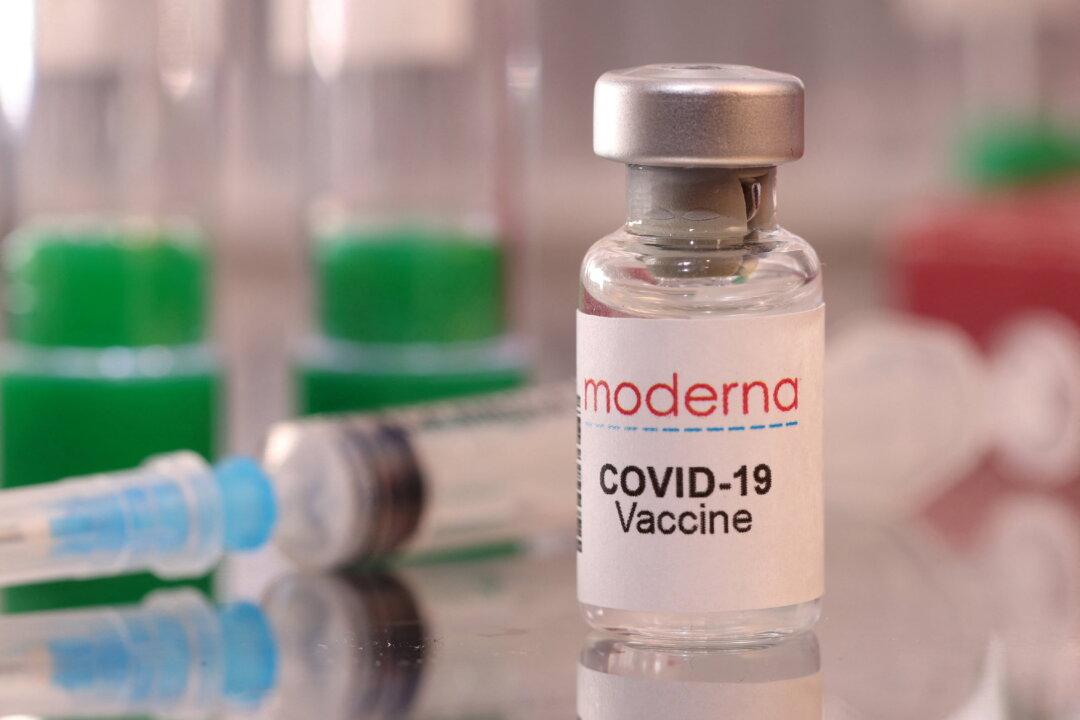The UK has become the first country to approve Moderna’s new COVID-19 booster vaccine, which specifically targets the Omicron variant in addition to the original strain of the virus.
The UK’s Medicines and Healthcare products Regulatory Agency (MHRA) announced on Aug. 15 that the vaccine has been found to meet the UK regulator’s standards of safety, quality, and effectiveness.





